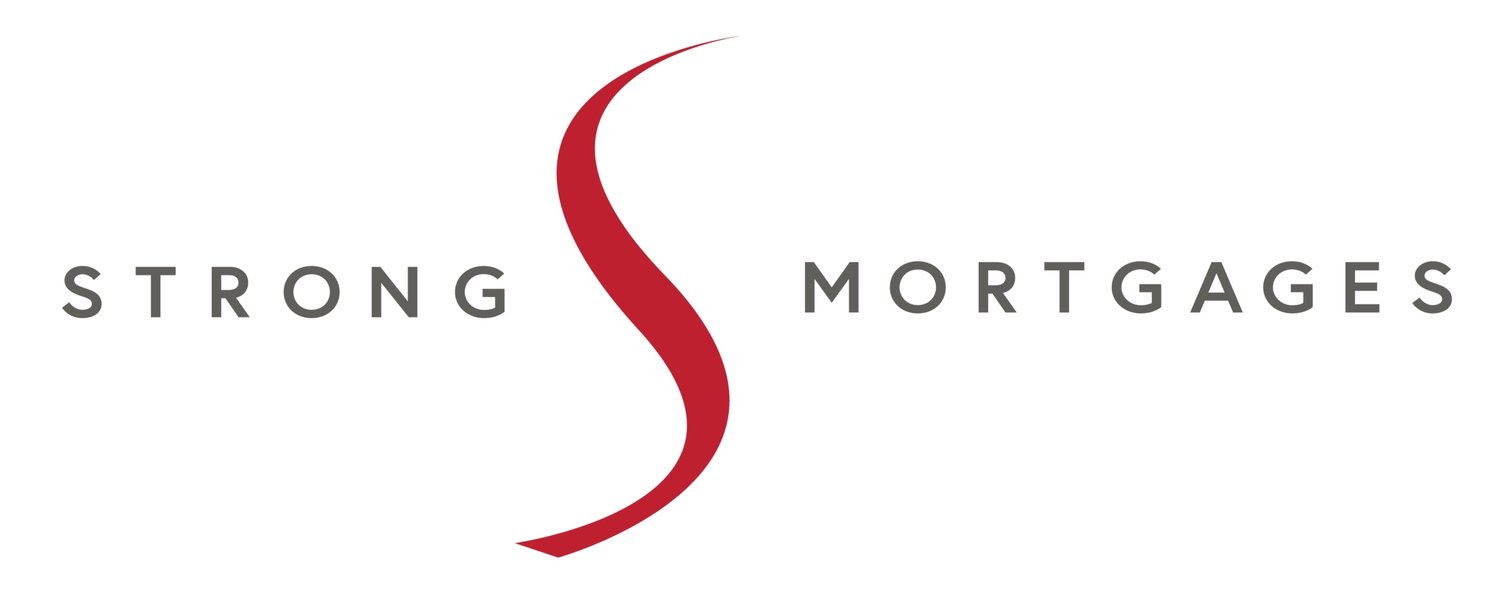 The Canadian housing market cool down is wide spread across the nation. Sales fell in 21 of the 28 metropolitan areas. In Vancouver, August posted the second worst month for home sales since 1998; a 21.4% decline from the month prior, 30.7% drop from August 2011 and 39.2% below the 10-year average, yet the slower activity did not have a major impact on price.
The Canadian housing market cool down is wide spread across the nation. Sales fell in 21 of the 28 metropolitan areas. In Vancouver, August posted the second worst month for home sales since 1998; a 21.4% decline from the month prior, 30.7% drop from August 2011 and 39.2% below the 10-year average, yet the slower activity did not have a major impact on price.
Although detached homes are mainly to blame for the slowdown, 1649 detached homes sold this month compared to 2378 in August of last year. Vancouver is still experiencing some exceptional sales stories; a tear-down home in West Vancouver sold for 2.8-Million, fetching nearly 1-Million over asking.
The City of Vancouver also topped 1-Billion dollars for building permit values for the first time in 5 years; 40% higher over the same 6 month period from 2011. With the market getting progressively more affordable, there is an environment for projects to be more viable, supporting growth and development.
Even though the Canadian economy is stuck in low gear, exports are expected to increase, but should still remain below the pre-recession peak until 2014. In light of the global storm, the Bank of Canada held the interest rate steady at 1% and we still remain one of the top 7 best housing markets in the world, among Switzerland, Germany and Hong Kong.
“With core inflation tracking well below the Bank of Canada’s Q3 forecast, the housing market softening and the Fed stepping harder on the monetary accelerator, rate hikes in Canada remain at least a year away,” said economist Robert Kavcic, at BMO Capital Market.
RBC predicts that there will be better economic growth, targeting around 2.1% and rate hikes should be expected in 2013.
Scotia bank believes Canada’s strong and diverse economy will see the housing market heading for a soft landing. A once buoyant market has shifted to slow growth, however, Scotia has invested 3.1-Billion dollars to purchase ING Direct, a lender with a substantial investment in Canadian funds. This will help Scotia to diversify from their heavily reliance on foreign currencies.
TD noted that higher rates are still needed to cool the housing market. The combination of tighter rules and anticipated modest rate increases should see a a 10% correction on home prices, down from their original 15% prediction.
“Although a correction in housing prices and a slowdown in residential construction spending would have some negative effects on economic growth in the near term, the introduction of more stringent mortgage regulations should help limit the impact of excess leverage on mortgage performance and bank balance sheets,” Fitch said.
The Canadian Real Estate Association (CREA) cut their sales forecast for 2012 from 475,000 homes to 466,900 homes. In 2013, another 1.9% decrease is expected with home sales of 457,800. The average home price is expected to increase more modestly this year to $365,000, a 0.6% increase from the previous 2.2% prediction. 2013 is expected to see a decrease of 0.1% to $364,000.
It’s not all bad for the month of August, but if this seems too overwhelming and you have not heeded the warnings from the government on overspending and taking on too much debt, Ottawa has issued a “toolkit” to help Canadians get out of debt, it’s available online now.

